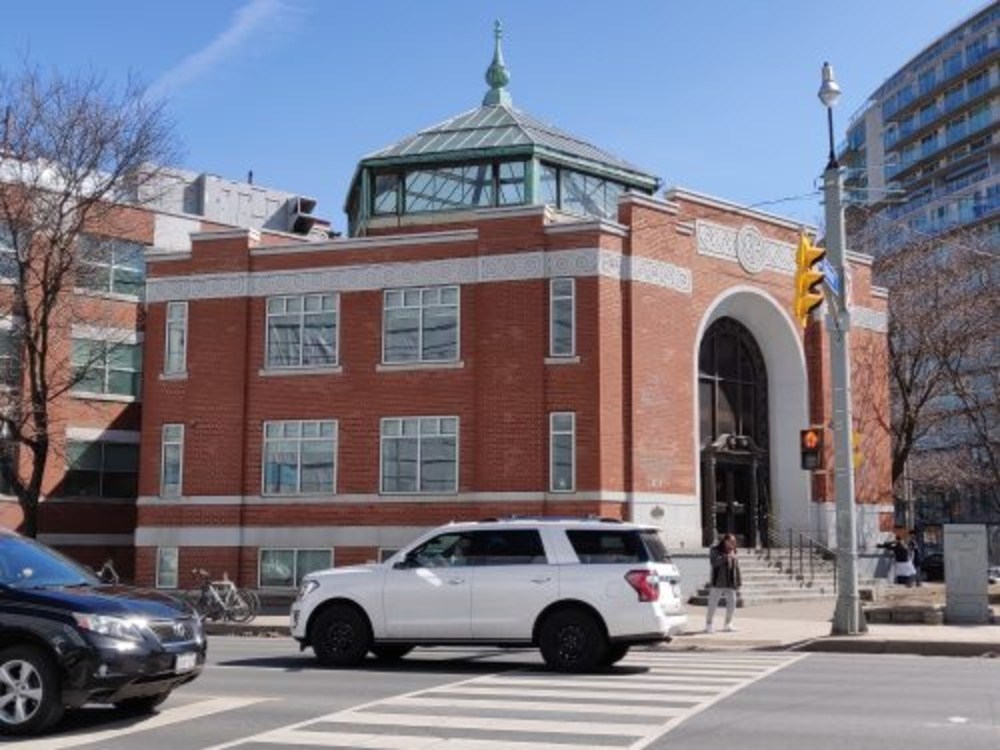
In Toronto, pushback against new homeless shelters is nothing new — and residents often go to great lengths to try to stop them. Opponents have held protests outside city hall, flooded council meetings, filed lawsuits and formed community groups to pressure local councillors.
Some councillors say they sympathize with those concerns but feel limited in what they can do. That’s because, in recent years, council has handed over much of the decision-making power on shelter locations to city staff.
Since 2017, councillors have voted several times to give municipal employees the authority to choose shelter sites — a move meant to take politics out of the process. But with the city now in the midst of a major shelter expansion — 20 new sites by 2033 — that policy is facing its biggest test yet.
On Thursday, council approved zoning changes to allow the first six new shelters to be built by 2030. While staff chose the locations, council still had to sign off on technical adjustments — things like minor increases to building height.
That sparked a heated debate. Some councillors questioned whether they’d made a mistake in giving up control, expressing regret over earlier votes that handed key decisions to staff.
Some councillors have buyer’s remorse
“If I could revisit that delegated authority, I would revise it,” said Coun. Parthi Kandavel (Scarborough Southwest). He wasn’t on council for the 2017 and 2021 votes but was there in 2023, when the most recent vote took place. That time, he voted in favour of the policy.
Now, Kandavel says he’d rather see staff present a shortlist of options and work with local councillors to make a final decision.
Delegating authority, he argued, “removed the opportunity for staff who have expertise in real estate to work with the local councillor who has the local experience and local knowledge.”
One of the six proposed shelters is in his ward, at 2535 Gerrard St. E.
Kandavel says he supports shelters in general, but not this site, which he describes as being in “a very residential community filled with young families.”
Like Kandavel, Coun. Brad Bradford (Beaches-East York) voted in favour of delegating shelter siting responsibilities to staff in the past.
He also has regrets.
“I think it was an idea with good intent, but what we are seeing now is it’s ripping communities apart,” he said. “The folks who elect us still expect us to lead, and it’s not a credible defence or shield to go out to the community and say, ‘I have nothing to do with this.’”
“I think this is a moment for us to pause and say, ‘No, local councillors need to lead.’ They need to be front and centre of the decision-making, and they need to bring the community on board as we do these difficult things that are required,” he said.
Coun. Stephen Holyday (Etobicoke Centre) was the only councillor to vote against delegation in 2023.
On Thursday, he put forward a motion to return more control to council. It failed but got support from six other councillors, including Bradford and Kandavel.
Residents should “have a say to influence council’s decision on that shelter. They must have a say. That’s what democracy is about,” Holyday said.
Delegation debate is red herring: Perks
Other councillors, however, think the system is working well and pushed back against the notion that it kneecaps residents and councillors.
Coun. Gord Perks (Parkdale–High Park), who chairs the city’s planning and housing committee, said councillors still have a say through the zoning process. In his view, the debate over delegation is a distraction.
“City council has already decided where shelters go,” he said. “We’ve said that in certain parts of the city … a shelter is a permitted use, just like we’ve already decided where multiplexes can go and where condominium buildings can go.”
Under the law, municipalities can’t zone based on who’s going to live in a building — and Perks says councillors know that.
“Everyone, including those councillors who are opposing this, knows that what they’re doing isn’t actually arguing about a bylaw or delegated authority. They’re rage farming,” he said.
Coun. Alejandra Bravo (Davenport) agreed. Letting politics guide shelter locations could drive up costs and slow the process, she warned.
“The cost of real estate — in particular, we’re talking about acquisitions — can go up if you start to play this out in public,” she said.
She defended the current system as a necessary fix for a city in crisis.
“The reason that delegated authority was brought forward in 2017 … is because we needed to move faster,” she said. “And look at how much time we’ve wasted — eight years. We need to get on.”